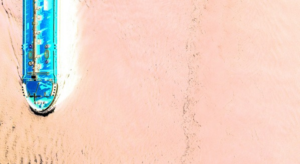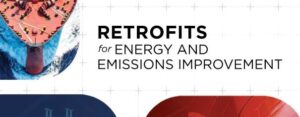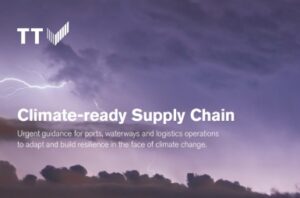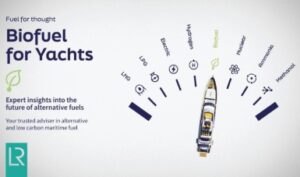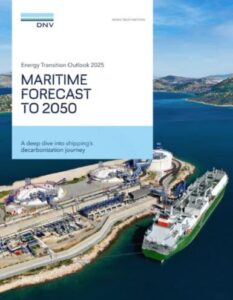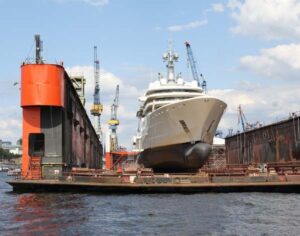
With the future of superyacht refits market evolving faster than ever, shipyards are under pressure to keep up with rising client expectations. Sustainability, advanced technology, and operational transparency have shifted from being optional extras to defining factors in determining where and how yacht owners choose to refit.
For many in the fast-paced world of yachting, gathering the insights needed to make informed refit decisions can be time-consuming and complex. That’s why, with the expertise of KRM Yacht Refit & Rebuild, Turkey’s first official superyacht rebuild and refit facility, Yachting Pages explores how priorities have changed, what truly makes a shipyard stand out, and how sustainability and smart technology can be marketed as a competitive edge in today’s market. Continue reading “Future of superyacht refits: Sustainability and smart tech”
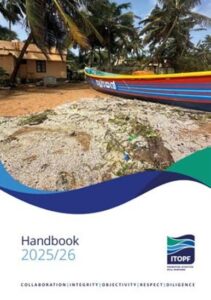

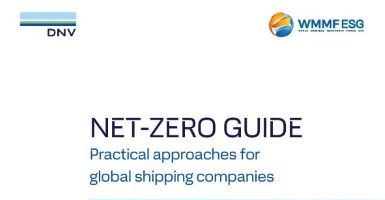 DNV and the World Maritime Merchants Forum (WMMF) have worked together to create the Net-Zero Guide: Practical approaches for shipping companies.
DNV and the World Maritime Merchants Forum (WMMF) have worked together to create the Net-Zero Guide: Practical approaches for shipping companies.